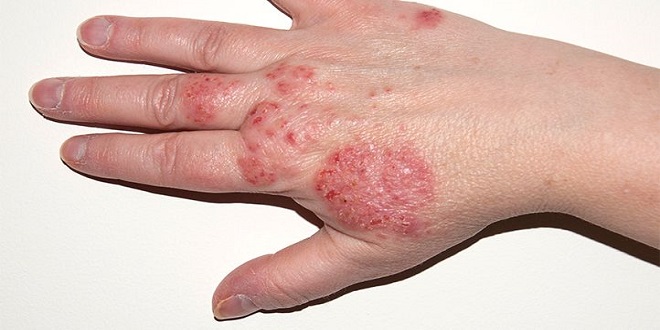An eczema consultation is a medical procedure specifically designed to assess and diagnose the disease known as eczema, also known as atopic dermatitis. During the eczema consultation, a healthcare professional, usually a dermatologist, pathologist, or rheumatologist, will review the patient’s symptoms and medical history and perform a physical examination.
Your dermatologist reviews your symptoms and the frequency and severity of your outbreaks. They also ask about your medical and family history and examine your skin. If you have an active rash, your dermatologist may take a tissue sample and send it to the lab to confirm the diagnosis. To learn more, you can consult a dermatologist Washington, DC.
- Patient Background
To obtain a thorough history of seizures, the healthcare provider will begin by asking the patient several questions. When and how eczema first appeared, the duration of symptoms and any aggravating or triggering conditions will all be questioned. The physician will ask about the patient’s past and present medical history, including the use of any medications, topical treatments, or home remedies.
- Medical Information
The doctor will evaluate the patient’s medical care to look for any underlying issues or potential triggers for their seizures. Asking about hay fever, asthma, eczema, and other atopic diseases might fall into this category. They will also ask if the patient has any relevant family history of eczema or atopic dermatitis.
- Physical Examination
The healthcare provider will examine the skin carefully, focusing on the areas affected by eczema. Symptoms of eczema, such as redness, inflammation, dryness, tenderness, scaling, rashes, or oozing, will be carefully assessed. The skin can be examined in depth with dermatoscopy, a hands-on extensive procedure. The test may also include examining other parts of the body for other skin conditions or infections that may accompany eczema.
- Discussion of Triggers
The healthcare provider will discuss possible triggers that may worsen the patient’s eczema symptoms over time. Triggers can vary from person to person and include irritants such as certain types of clothing, soaps, and detergents or environmental factors such as dry air, humidity, dampness, etc. The patient is asked to keep a list of their symptoms and possible triggers to help identify patterns and make personalized recommendations to avoid triggers.
- Your Treatment Options
Based on the patient’s history and physical examination, the healthcare provider will discuss treatment options based on the individual’s needs. The various topical and oral medications that can help manage the symptoms of eczema will be explained.
They will explain the benefits, side effects, and how to use the prescribed medications properly. In some cases, a healthcare provider may recommend phototherapy or systemic medications if the eczema is severe or resistant to other treatments.
 Magazine Today
Magazine Today

